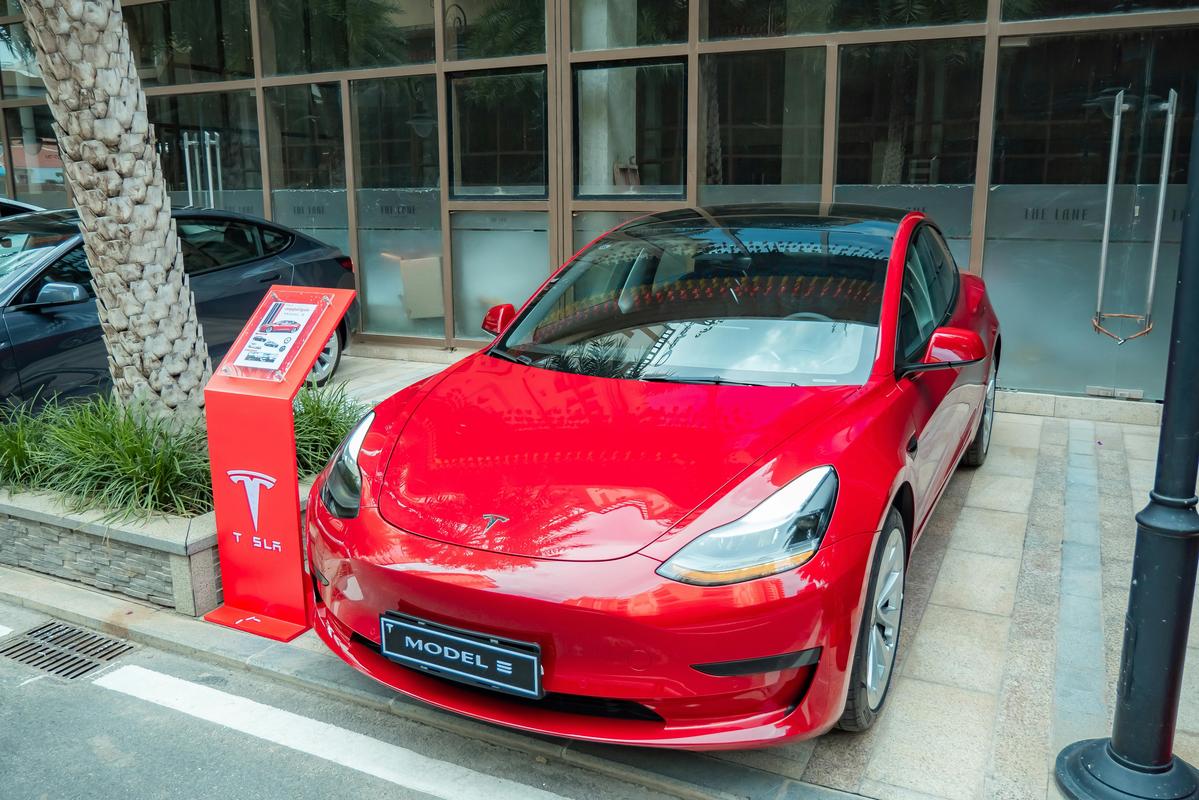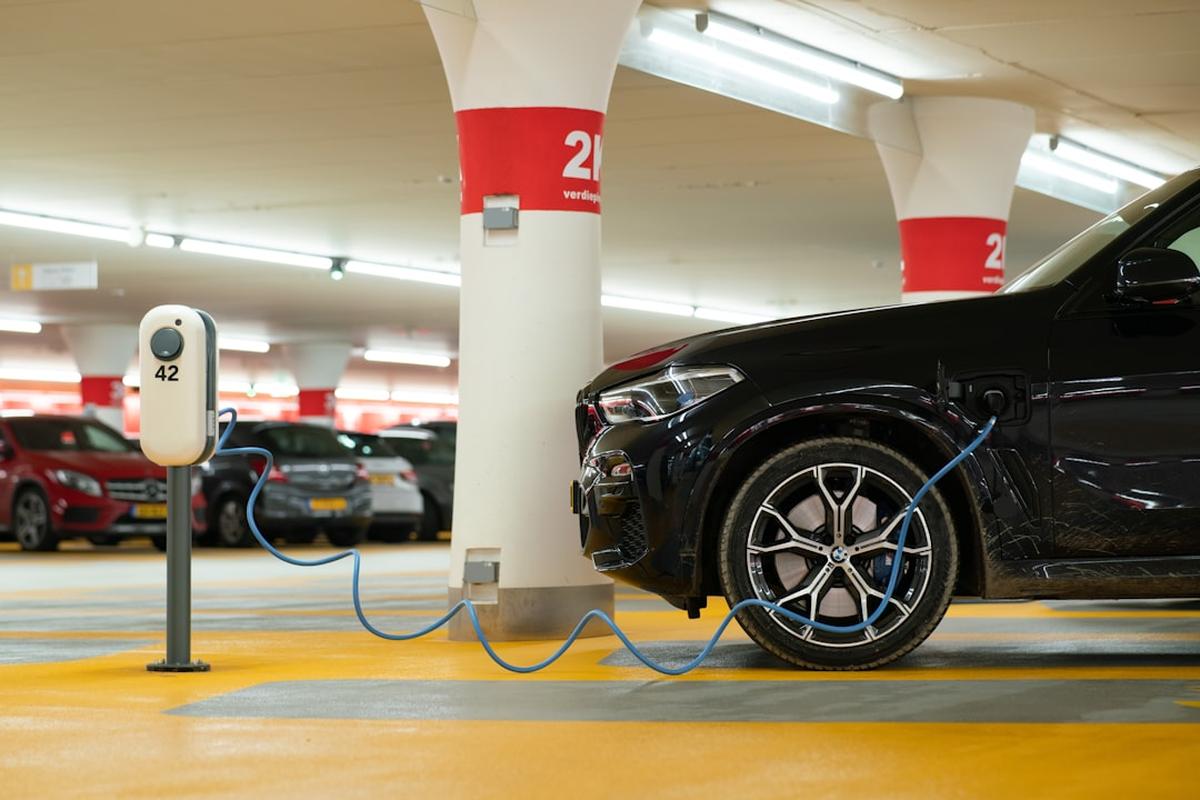Understanding the Advantages and Disadvantages of Electric Vehicles
Navigating the electric vehicle world can be a bit tricky and overwhelming, but the benefits can be huge. While these eco-friendly wonders offer a bunch of perks, it’s important to know the potential downsides too.
One of the coolest things about electric cars is how efficient they are. They can turn a whopping 59-62% of their energy into actual movement, way better than gas cars at only 17-21%. This means big savings on fuel costs, great for drivers looking to be more eco-friendly and save some money each month.
Plus, electric vehicles have awesome performance, with super quiet and smooth engines that need way less maintenance than traditional ones. Drivers can enjoy the excitement of instant torque and quick acceleration, all while helping keep the air clean by not emitting any pollutants.
But, there are challenges with electric vehicles too. Range anxiety is a real concern, with most all-electric cars only able to go 60-120 miles on one charge, much less than the 300-mile range of a full tank of gas. Charging can also take a while, up to 8 hours with a standard charger, although fast-charging stations can get you to 80% in just 30 minutes.
The higher price tag of electric vehicles is something to think about, but the savings on fuel and maintenance, along with tax credits and incentives, can help make up for the initial cost. Also, the limited used options and potential for battery wear can affect resale value, so long-term ownership is something to consider.
In the end, deciding to go electric is a personal choice, weighing the appeal of their environmental and financial benefits against the practical concerns of range, charging, and cost. By thinking about these factors carefully, drivers can make a smart decision that fits their needs and priorities, leading to a more sustainable and efficient future on the road. 1 2
 Photo by Makara Heng on Pexels
Photo by Makara Heng on Pexels
Environmental Impact: The Pros and Cons of Electric Vehicles
The environmental impact of electric vehicles (EVs) is a tricky issue, with both pros and cons to think about. While EVs show promise as a more eco-friendly transportation option, their production and operation come with their own set of environmental challenges.
One of the main advantages of EVs is their reduced carbon emissions during use. Driving an electric vehicle saves about 1.5 million grams of CO2 per year compared to a petrol-powered car. This is because EVs use less energy, with fewer parts and regenerative braking systems that recover energy. Additionally, up to 90% of EV battery materials can be recycled, helping to lessen the environmental impact of battery production.
However, making EVs isn’t without its downsides. Producing electric car batteries creates emissions, and an EV can use twice as much energy during production as a petrol car, emitting more CO2. The mining of minerals like lithium, nickel, and cobalt, essential for EV batteries, also has significant environmental consequences, including water scarcity, deforestation, and child labor exploitation.
“Making lithium batteries for electric vehicles can cause excess carbon emissions, as most are made in China, South Korea, and Japan where carbon use in electricity generation is high.”
Furthermore, the range limitations of EVs make them less suitable for long-distance travel, potentially leading to increased emissions if drivers need to rely on petrol-powered vehicles for certain journeys. The environmental impact of EVs is, therefore, a complex issue that requires a balanced consideration of both the benefits and the drawbacks.
As the global transition to sustainable transportation continues, it’s important to address the environmental challenges associated with EVs, while also recognizing their potential to reduce carbon emissions and contribute to a greener future. By understanding the nuances of this topic, policymakers, manufacturers, and consumers can work together to maximize the environmental benefits of electric vehicles. 3 4
 Photo by Michael Fousert on Unsplash
Photo by Michael Fousert on Unsplash
Cost Analysis: Weighing the Benefits and Drawbacks of Electric Vehicles
Owning an electric vehicle (EV) is becoming more and more appealing to many people. While the initial cost of an EV might be a bit higher than a regular gas car, the long-term savings can really add up.
The average price paid for a new EV has dropped significantly, now only $2,800 more than the average for a new gas car. Plus, the federal EV tax credit can give you up to $7,500 for a new EV and $4,000 for a used one, making it easier to afford.
When it comes to fuel costs, EV owners save a lot. It only costs about $485 per year to fuel an electric car, compared to $1,117 for a gas car. That’s a 60% reduction in annual fuel expenses. And every EV model in every state is cheaper to fill up than a gas car, with EVs being 2.6 to 4.8 times more efficient at traveling a mile.
The lifetime fuel cost savings of battery-powered EVs versus gas cars can vary a lot by state, ranging from $14,480 in Washington State to an extra $2,494 in Hawaii. Maintenance and repair costs for EVs are also about half that of gas cars, giving you even more financial benefits.
- The average price paid for a new EV has dropped by $14,300 over the past year, now only $2,800 more than the average for a new gas car.
- The federal EV tax credit can give you up to $7,500 for a new EV and $4,000 for a used one, making it easier to afford.
- EV drivers usually spend about 60% less each year on fuel costs compared to drivers of gas cars.
- Owning an EV is always cheaper than a similarly sized gas car, with net savings ranging from $7,000 to $11,000 over the life of the vehicle. 5 6
Performance and Convenience: Exploring the Upsides and Downsides of Electric Vehicles
Driving an electric vehicle (EV) gives us a sneak peek into the future of transportation. These cool eco-friendly cars have a bunch of awesome benefits that make them a super appealing choice for smart consumers. One big plus is how efficient they are - EVs turn a whopping 59-62% of electrical energy into power, way better than the measly 17-21% efficiency of regular gas engines. This means big savings at the gas station, with drivers saving around $700 a year on fuel.
But it’s not just about the money - EVs also help the environment. By getting rid of tailpipe emissions, they cut down on greenhouse gases by a huge 4.75 metric tons of CO2 per year, which is great for the planet. Plus, they’re super fun to drive with quick acceleration and a smooth ride that leaves traditional cars in the dust. And it’s awesome that they rely on electricity made right here at home.
Of course, there are some challenges with EVs. Range anxiety is a real worry, since most models can only go 60-120 miles before needing a charge. And even though charging is getting faster with Level 2 and DC fast options, it still takes a while to fully charge using a regular outlet. Plus, the big batteries in these cars come with a hefty price tag, adding thousands to the total cost.
But as technology gets better and more charging stations pop up, these challenges are getting easier to handle. With their amazing efficiency, environmental perks, and exciting performance, electric vehicles are changing the way we think about getting around. For those ready to embrace the future, owning an EV is a truly electrifying experience. 7 8
References
-
“Is Buying An Electric Car Worth It” - www.cusocal.org ↩
-
“Electric Vs Gas Cars It Cheaper Drive Ev” - www.nrdc.org ↩
-
“Ev Advantages” - www.moval.org ↩

 Photo by
Photo by